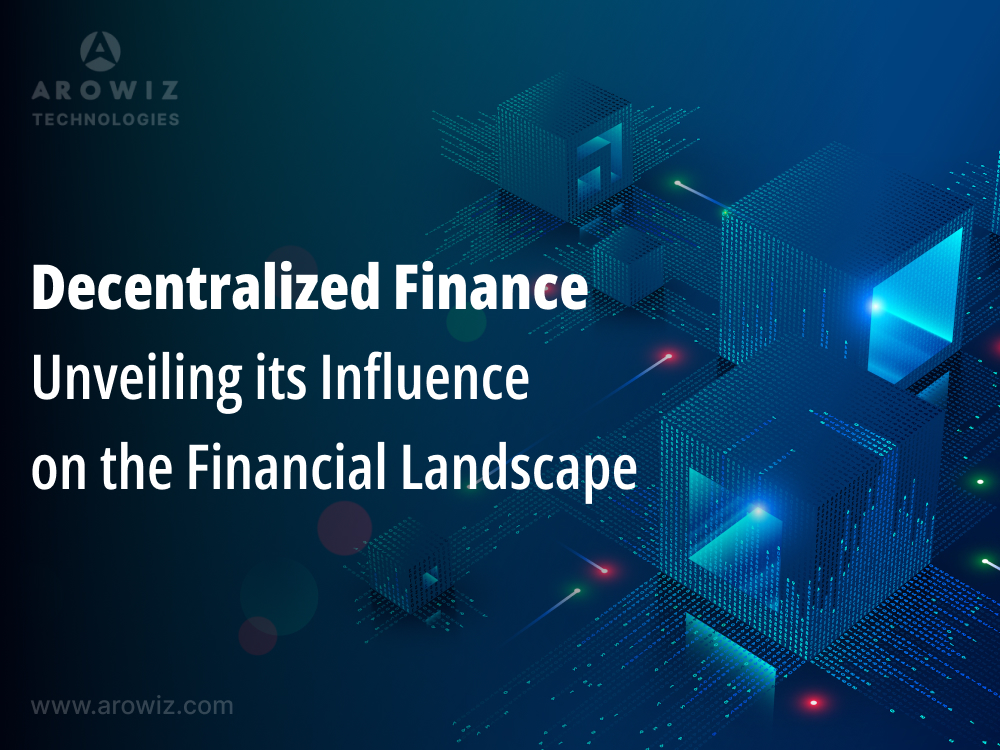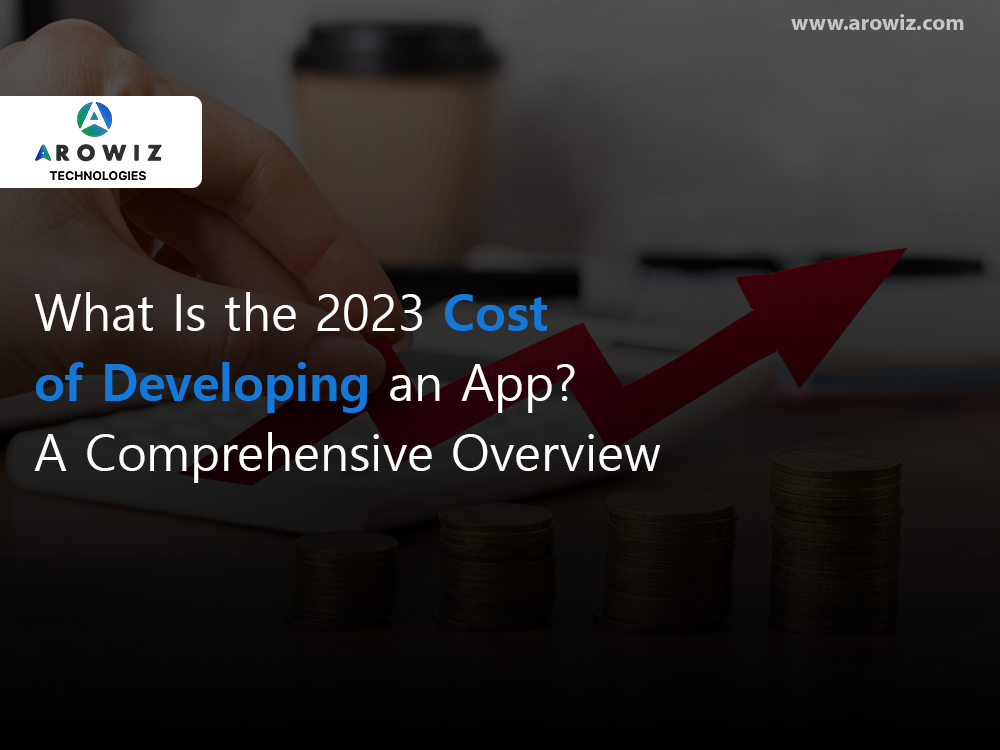In today’s rapidly evolving technological landscape, businesses are increasingly adopting Generative AI (GenAI) to stay competitive and innovative. However, as…
Critical Risks GenAI Presents for Your Business
admin
- June 23, 2024
5 min read

In today’s rapidly evolving technological landscape, businesses are increasingly adopting Generative AI (GenAI) to stay competitive and innovative. However, as with any powerful tool, there are critical risks associated with its use. Understanding these risks is crucial for businesses to harness the benefits of GenAI while mitigating potential downsides.
What is Generative AI (GenAI)?
Generative AI refers to artificial intelligence systems that can create new content, such as text, images, music, and more. These AI models learn patterns from existing data and generate similar, yet original, outputs. Popular examples include chatbots like ChatGPT, image generators like DALL-E, and many others.
Why Are Generative AI Needed?
Generative AI is needed because it can automate creative tasks, improve efficiency, and provide innovative solutions that were previously impossible. It helps businesses create personalized content, design products, and enhance customer interactions.
Why Are Generative AI Useful?
Generative AI is useful because it can save time and resources by automating complex tasks. It enhances creativity by providing new ideas and solutions. It also helps in analyzing vast amounts of data to uncover insights and patterns that can drive strategic decisions.
Supercharge your startup with our FREE MVP Guide E-Book
Download it now to kickstart your growth and turn your ideas into reality.
6 Types of Generative AI Risks
- Data Privacy Risks: The potential for misuse of sensitive data can lead to significant privacy violations. AI systems often require vast amounts of data, which, if not properly managed, can be exploited or exposed, compromising user privacy.
- Bias and Fairness: AI models can inadvertently perpetuate or amplify existing biases present in the training data. This can lead to unfair or discriminatory outcomes, affecting the credibility and ethical standing of AI applications.
- Intellectual Property Concerns: The content generated by AI may inadvertently infringe on existing copyrights or patents. This raises legal issues regarding ownership and the appropriate use of AI-generated content.
- Security Risks: AI models can be manipulated to create malicious content or launch sophisticated cyber-attacks. This poses a significant threat to cybersecurity, as adversarial attacks can compromise the integrity and functionality of AI systems.
- Ethical Implications: The misuse of AI technology can lead to unethical practices, such as the creation of deepfakes. These deceptive practices can undermine trust and have serious societal consequences.
- Operational Risks: Dependence on AI systems can lead to operational failures if the technology malfunctions or behaves unpredictably. This can disrupt services and lead to significant operational challenges.
6 Features of Generative AI
- Content Creation: AI can generate a wide variety of content, including text, images, videos, and other media. This ability enhances creative processes and provides new avenues for producing original content efficiently.
- Data Synthesis: AI excels at combining data from multiple sources to create new, comprehensive datasets. This capability allows for more robust data analysis and insights, facilitating informed decision-making.
- Automation: AI can automate both repetitive and creative tasks, increasing efficiency and freeing up human resources for more complex and strategic activities. This includes automating customer service, content moderation, and even aspects of creative work.
- Personalization: AI can customize content and interactions for individual users based on their preferences, behaviors, and needs. This leads to more engaging and relevant user experiences, whether in marketing, entertainment, or customer service.
- Predictive Analysis: AI can forecast trends and behaviors by analyzing patterns in generated data. This predictive capability is invaluable in various fields, such as finance, healthcare, and retail, helping businesses and organizations anticipate future developments and make proactive decisions.
- Adaptability: AI systems have the ability to learn and evolve from new data inputs, continuously improving their performance and accuracy. This adaptability ensures that AI remains effective and relevant in dynamic environments, adjusting to changing conditions and new information.
6 Benefits of Generative AI
- Increased Efficiency: AI automates tasks, significantly reducing the manual workload. This leads to faster completion of tasks and allows human workers to focus on more complex and value-added activities.
- Cost Savings: By automating routine and labor-intensive tasks, AI reduces the need for extensive human resources. This leads to cost savings in terms of labor costs and operational expenses.
- Enhanced Creativity: AI can generate new ideas and content, enhancing creative processes. This can be particularly beneficial in industries such as marketing, entertainment, and design, where fresh and innovative ideas are crucial.
- Personalized Customer Experience: AI tailors interactions based on user data, providing a more personalized and engaging customer experience. This customization can improve customer satisfaction and loyalty.
- Improved Decision Making: AI provides data-driven insights that enhance decision-making processes. By analyzing vast amounts of data, AI helps organizations make more informed and accurate decisions.
- Scalability: AI technologies can easily scale to handle large volumes of data and tasks. This scalability ensures that AI solutions remain effective even as the scope and complexity of operations increase
6 Utilization Cases of Generative AI
- Content Marketing: AI can create engaging blog posts, social media content, and advertisements. By automating content generation, AI helps marketers maintain a consistent and compelling online presence, driving brand awareness and customer engagement.
- Product Design: AI is used to generate design prototypes and concepts, accelerating the product development cycle. By leveraging AI, designers can explore a wide range of possibilities and refine their ideas more efficiently.
- Customer Service: AI-powered chatbots provide efficient and responsive customer support. These chatbots can handle a wide range of customer queries, offering instant assistance and freeing up human agents for more complex issues.
- Healthcare: AI synthesizes patient data to develop personalized treatment plans. By analyzing medical records, genetic information, and other health data, AI can recommend tailored treatments, improving patient outcomes and care efficiency.
- Finance: AI automates financial reporting and analysis, enhancing accuracy and efficiency. It can process vast amounts of financial data, generate reports, and provide insights that support better financial decision-making and compliance.
- Entertainment: AI creates music, art, and interactive media, pushing the boundaries of creativity. From composing music to generating digital artwork and developing interactive experiences, AI enriches the entertainment industry with innovative and diverse content.
6 Use Technologies in Generative AI
- Natural Language Processing (NLP)
- Computer Vision
- Machine Learning (ML)
- Deep Learning
- Reinforcement Learning
- Transfer Learning
The Future of Generative AI
The future of Generative AI holds immense potential for innovation and transformation across various industries. Advancements in AI technology will lead to more sophisticated and ethical applications, driving efficiency and creativity while addressing the associated risks.
How Can Arowiz Technologies Help With Generative AI?
Arowiz Technologies specializes in providing tailored Generative AI solutions to meet your business needs. We offer expert guidance on implementing AI responsibly, ensuring data privacy, and mitigating risks. Our solutions help you harness the full potential of GenAI to drive growth and innovation.
FAQ
- What is Generative AI? Generative AI refers to AI systems that create new content based on existing data.
- Why is Generative AI important? It automates creative tasks, enhances efficiency, and drives innovation.
- What are the risks of Generative AI? Risks include data privacy issues, bias, intellectual property concerns, and security threats.
- How can I mitigate AI risks? Implement robust data privacy measures, ensure fairness in AI models, and stay informed about ethical practices.
- How can Arowiz Technologies assist with Generative AI? We provide expert AI solutions, risk mitigation strategies, and personalized support.
Supercharge your startup with our FREE MVP Guide E-Book
Download it now to kickstart your growth and turn your ideas into reality.
Conclusion
Generative AI presents significant opportunities for businesses to innovate and grow. However, it is crucial to be aware of and address the associated risks. By understanding these risks and implementing best practices, businesses can safely and effectively leverage the power of Generative AI.
Pro Tip – Check and make sure Generative AI is fair, safe, and unbiased. Keep it updated with new improvements to stay secure and avoid problems.
Join our free newsletter for more insights — click the link below
Subscribe to our Newsletter: https://lnkd.in/dYmBdX3c
Visit our solution : https://arowiz.com/solution/
Follow us on LinkedIn: https://lnkd.in/d4KZJakS.
Tags
- aiBusinessRisks
Our New Letter
Get productivity tips delivered straight to your inbox
Ready for more?

Arowiz Technologies is a Central India-based customer Centric software development & Expert IT Staff Augmentation company ...
FOR JOBS
hr@arowiz.comFOR SALES
sales@arowiz.comMARKETING / BLOGS
info@arowiz.comGET CONNECTED
Top Industry
About Us
Top Services
Hire Expert Developers
- AI / ML Developers
- Blockchain Developers
- DevOps Developers
- Web3 / Gaming Developers
- Full Stack Developers
- AR / VR – Meta Developers
- Python Developers
- Solidity Developers
- Node.js Developers
- ReatJs Developers
- Next.Js Developers
- Flutter Developers
- React Native Developers
- Golang Developers
- Mobile App Developers







